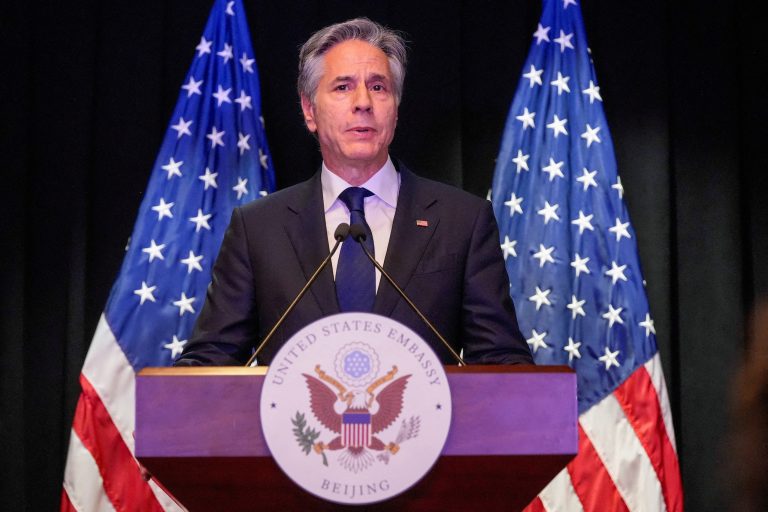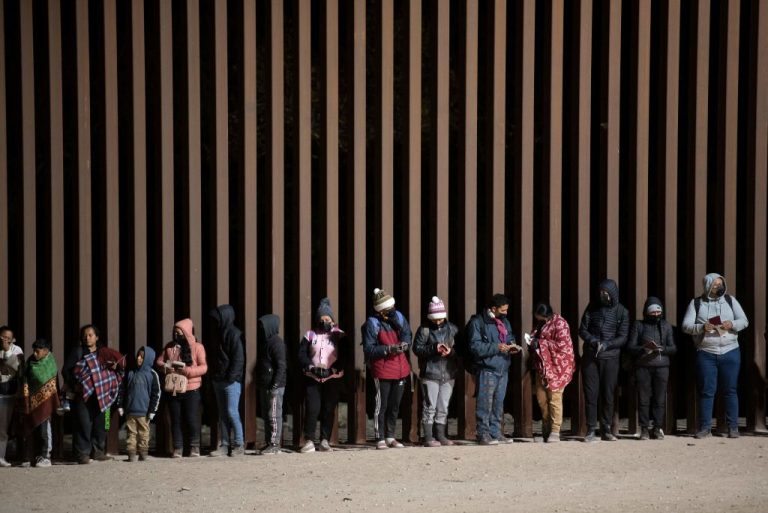By Jody Godoy and Dan Levine
SAN JOSE, Calif. – Theranos founder Elizabeth Holmes, whose spectacular rise and fall made her an object of fascination in Silicon Valley and beyond, is expected to be sentenced on Friday in a California federal court for defrauding investors in her now-defunct blood-testing startup.
A jury in San Jose convicted Holmes, 38, on three counts of investor fraud and one count of conspiracy in January.
Prosecutors, who are seeking a 15-year prison sentence, called Holmes’ fraud “among the most substantial white collar offenses Silicon Valley or any other district has seen.”
But Holmes’ attorneys have asked that she receive a more lenient sentence of 18 months of home confinement, followed by community service, urging the judge not to make her a “martyr to public passion.”
Success
You are now signed up for our newsletter
Success
Check your email to complete sign up
Prosecutors said Holmes misrepresented Theranos’ technology and finances, including by claiming that its miniaturized blood testing machine was able to run an array of tests from a few drops of blood. The company secretly relied on conventional machines from other companies to run patients’ tests, prosecutors said.
Once valued at $9 billion, Theranos Inc promised to revolutionize how patients receive diagnoses by replacing traditional labs with small machines envisioned for use in homes, drugstores, and even on the battlefield.
Forbes dubbed Holmes the world’s youngest female self-made billionaire in 2014 when she was 30, and her stake in Theranos was worth $4.5 billion.
But the startup collapsed after a series of articles in the Wall Street Journal in 2015 questioned its technology.
At trial, prosecutors said Holmes engaged in fraud by lying to investors about Theranos’ technology and finances rather than allowing the company to fail.
Holmes testified in her own defense, saying she believed her statements were accurate at the time.
Though she was convicted on three counts, Holmes was acquitted on four other counts alleging she defrauded patients who paid for Theranos tests.
U.S. District Judge Edward Davila in San Jose, Calif., has denied Holmes’ requests to overturn her convictions, saying they were supported by the evidence at trial.
After the sentence has been imposed, Holmes can challenge those rulings at the 9th U.S. Circuit Court of Appeals.
Reporting by Jody Godoy in New York and Dan Levine in San Jose; Editing by Noeleen Walder and Diane Craft
















